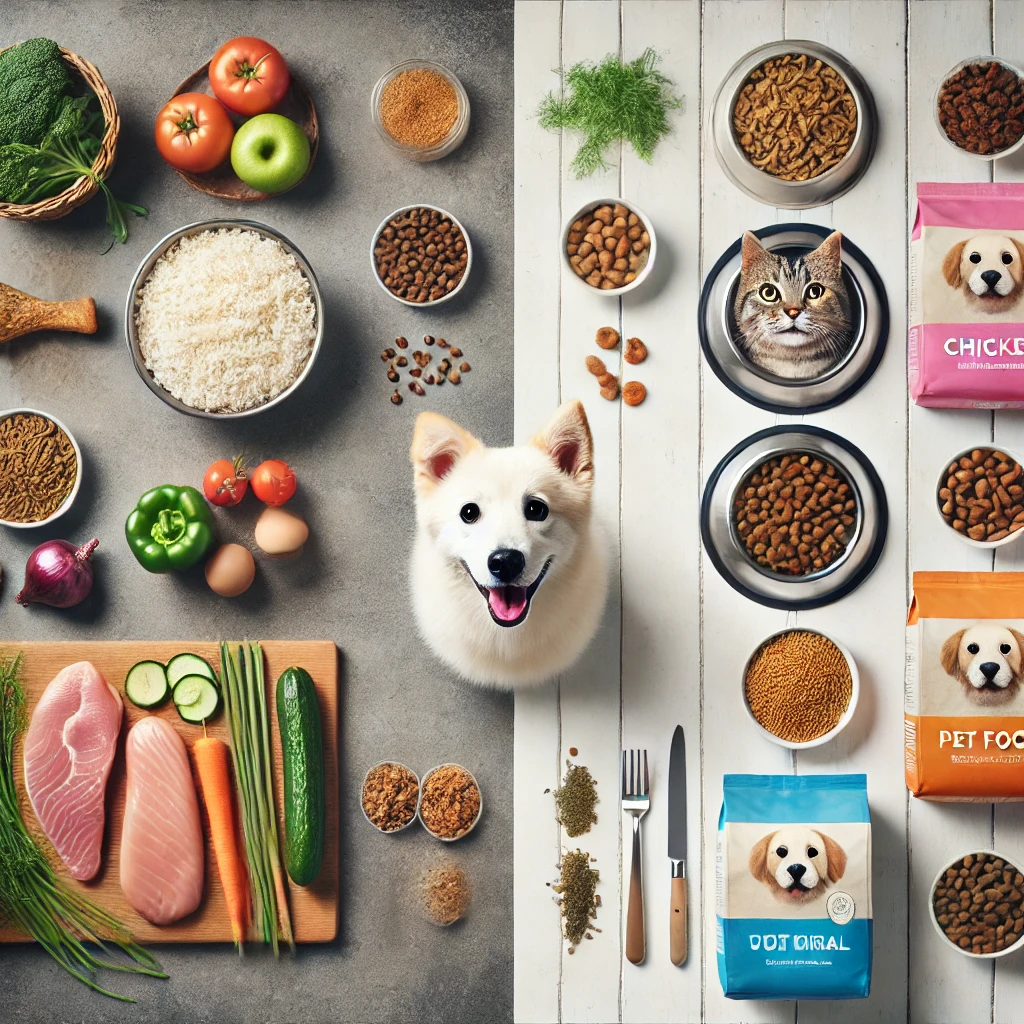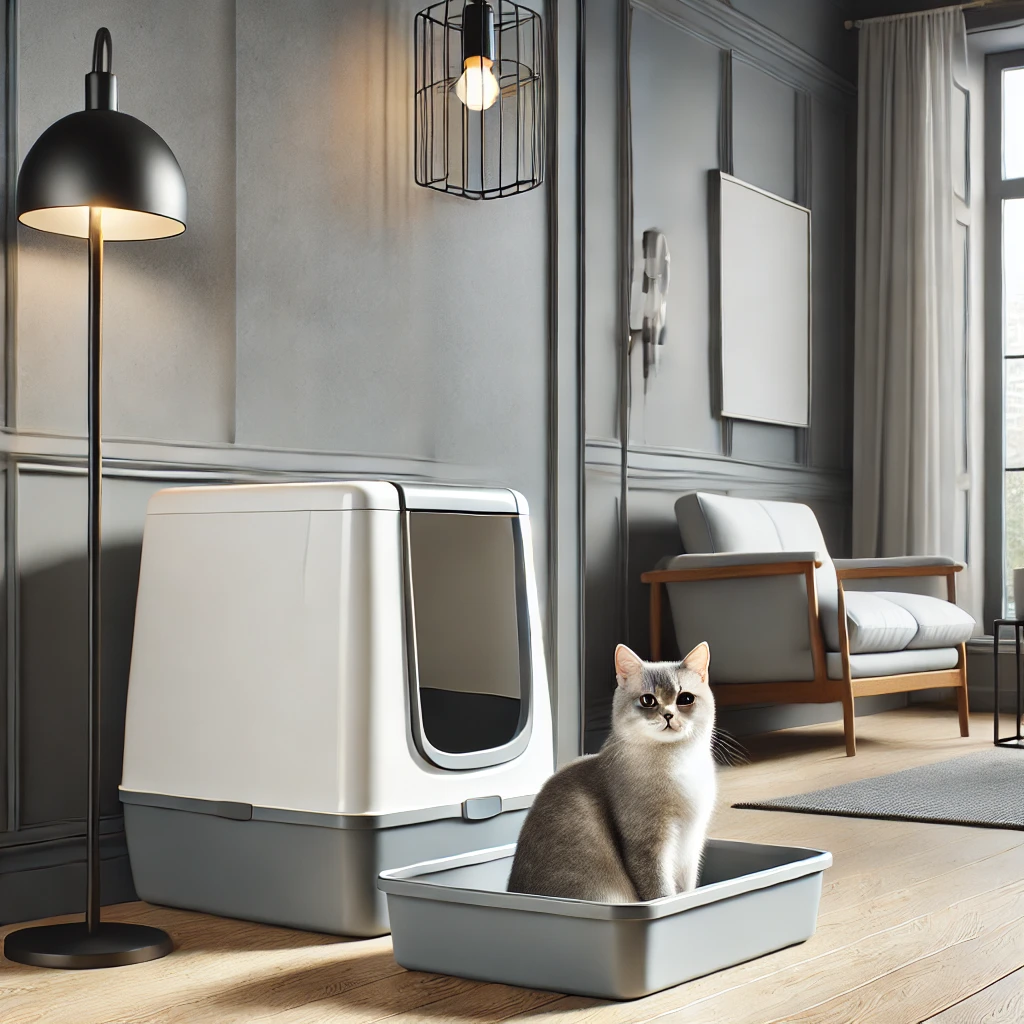Is Homemade Pet Food Better Than Commercial Brands?
Is Homemade Pet Food Better Than Commercial Brands? Understanding Homemade Pet Food Homemade pet food has grown popular among pet owners who want complete control over their pet’s diet. From…
0 Comments
December 28, 2024




